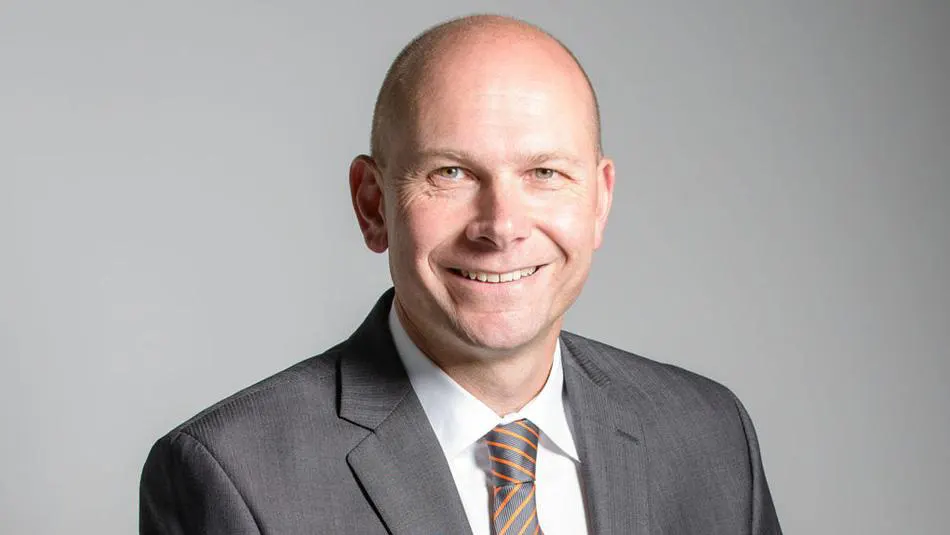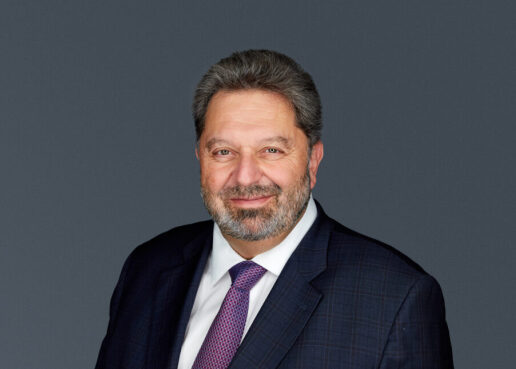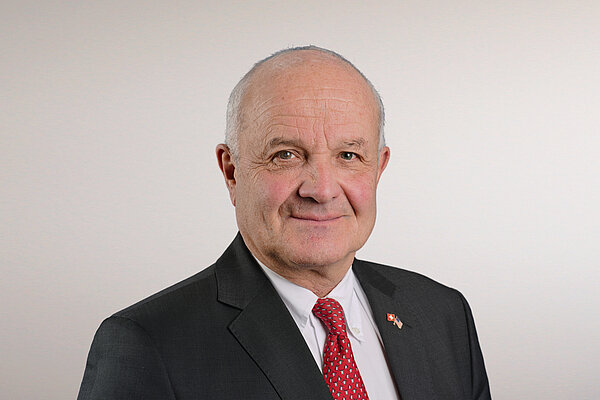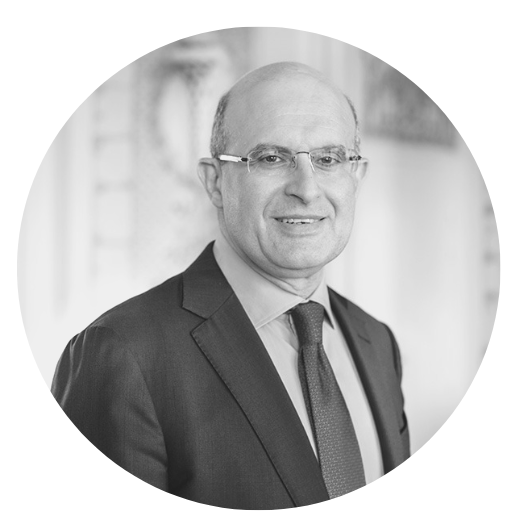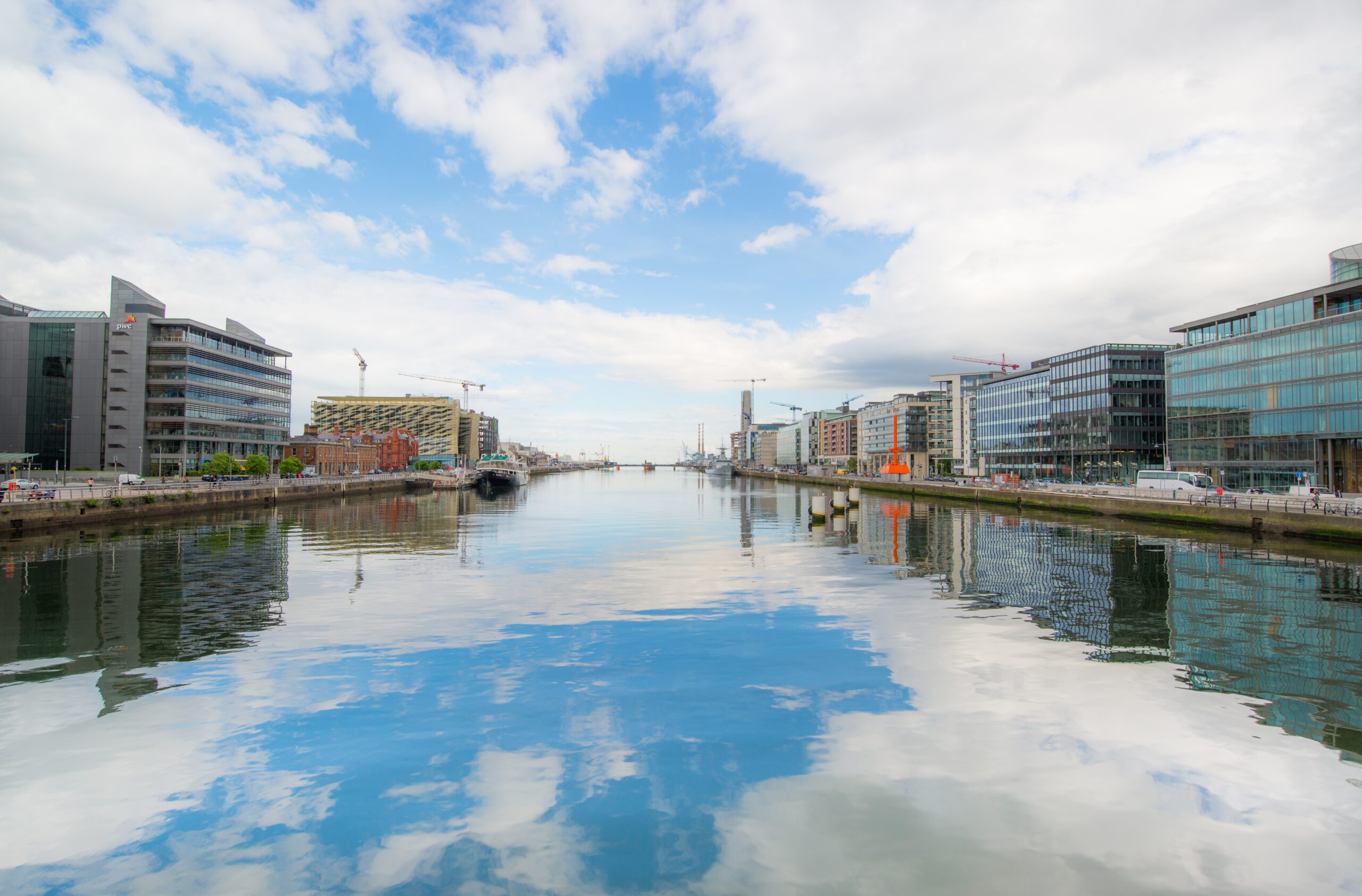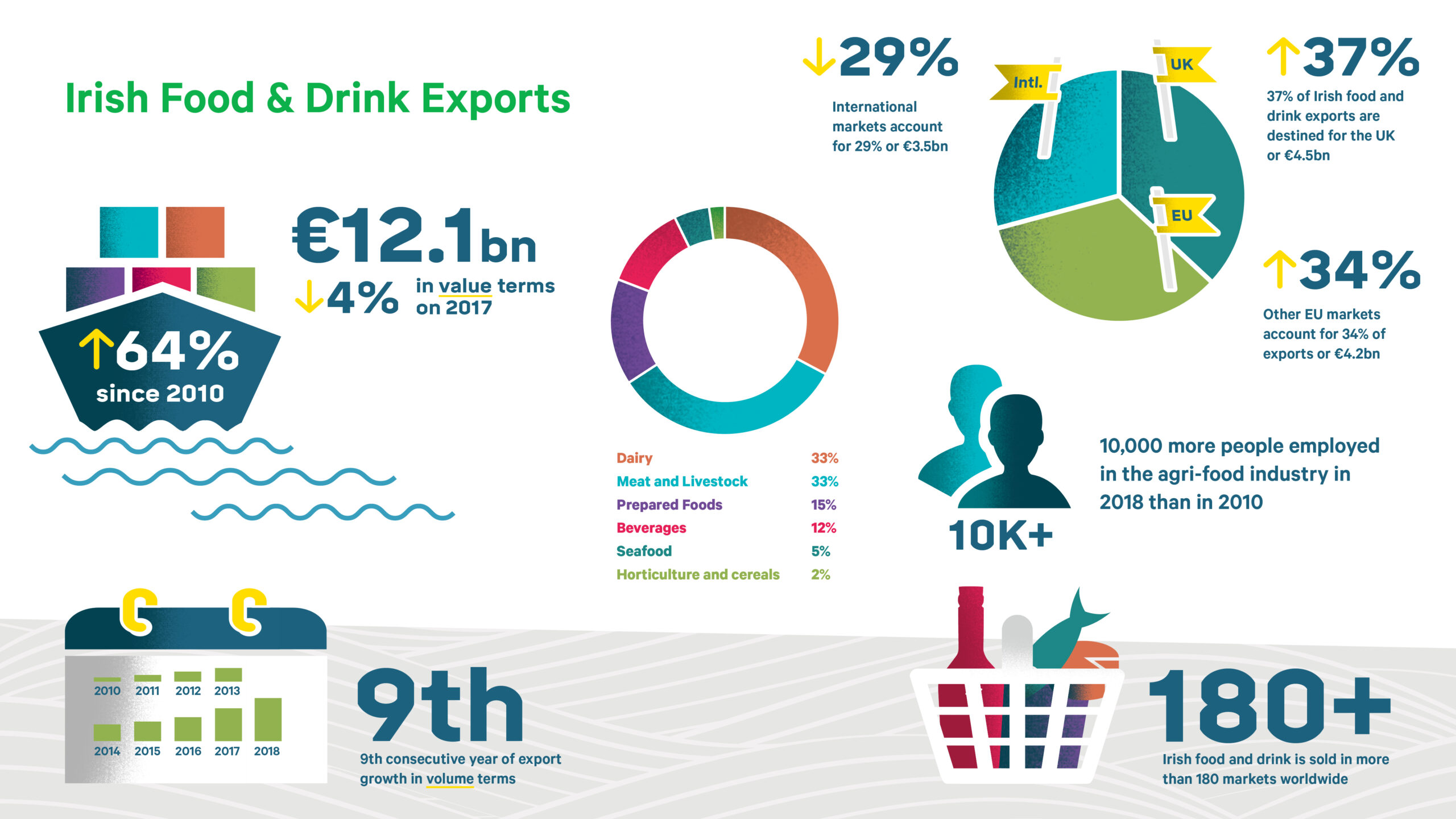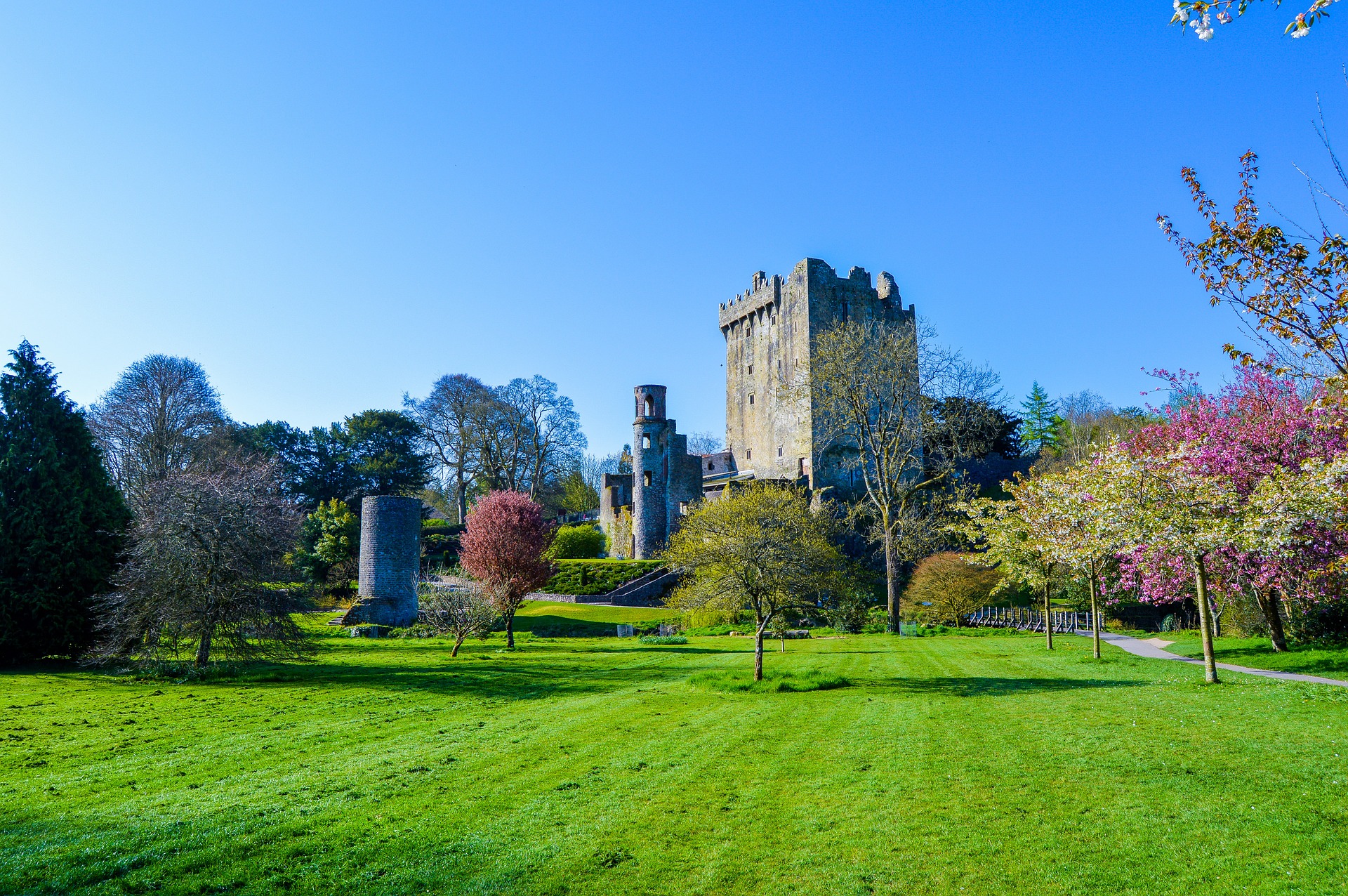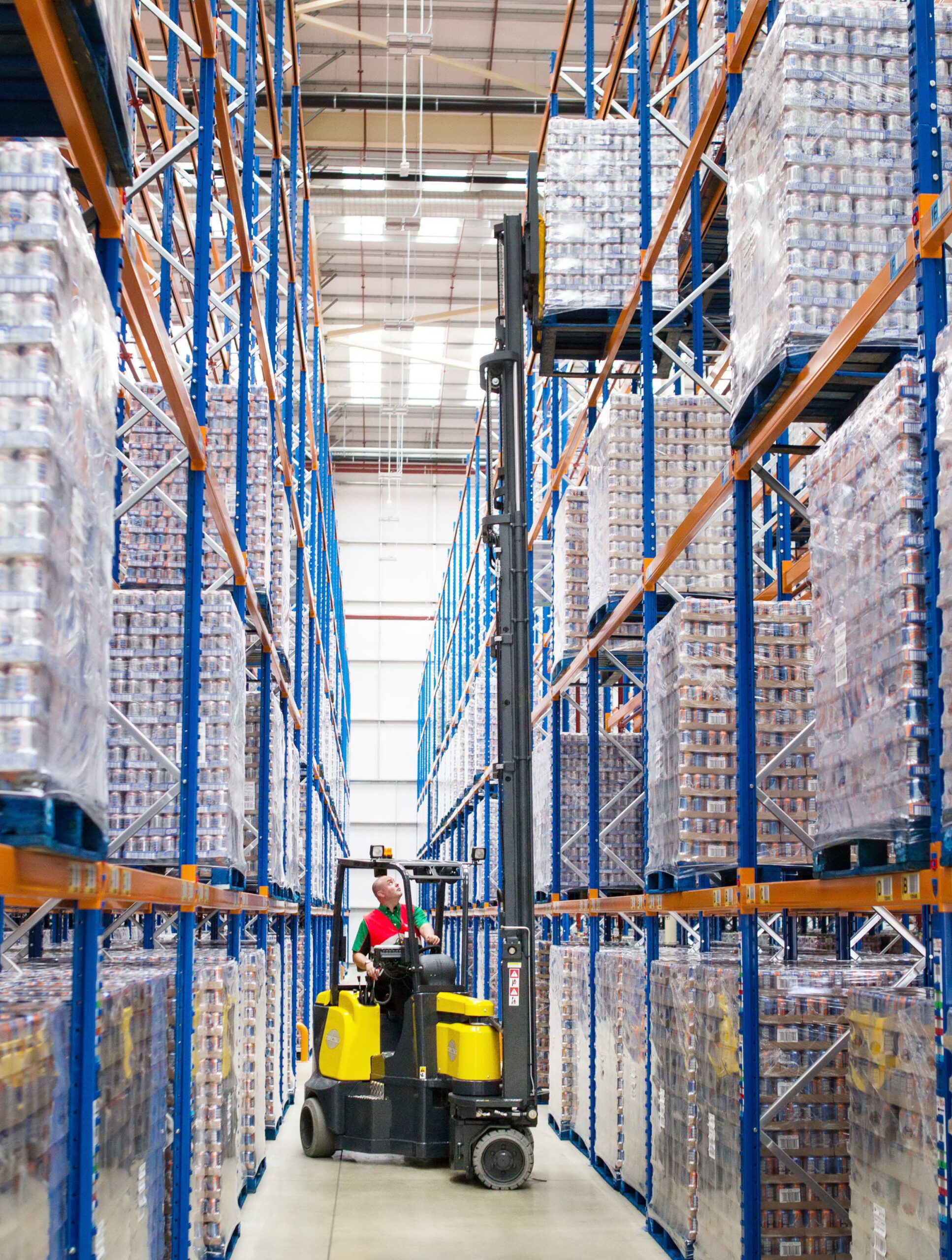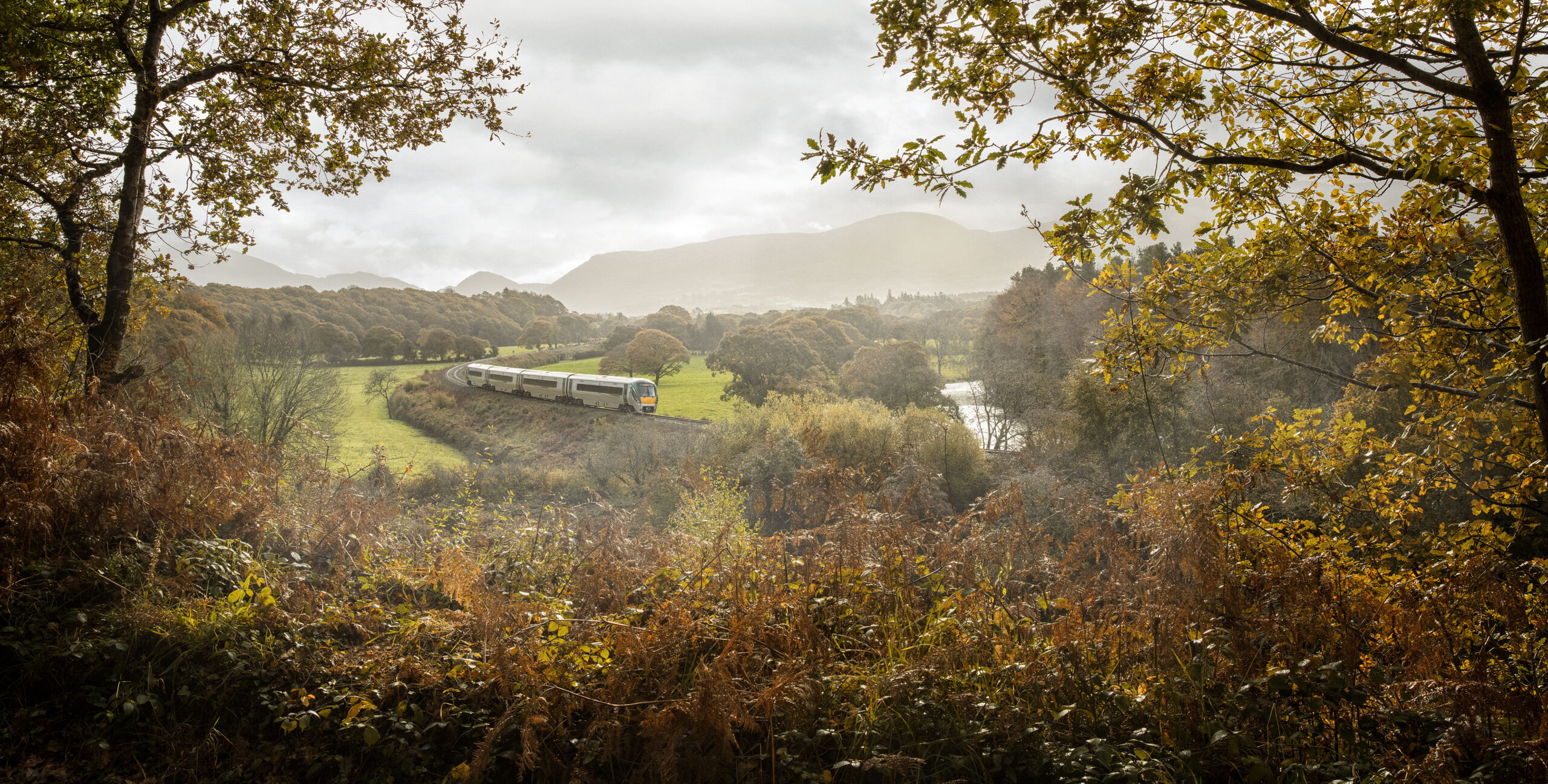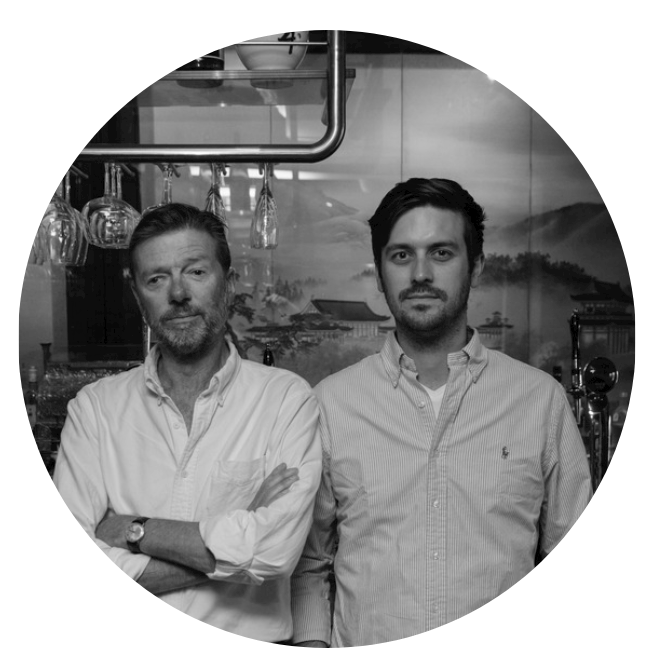The nickname alludes to Silicon Valley, and was embraced to illustrate the concentration of European headquarters of high-tech companies
Dublin’s docklands were historically a symbol of industrial decline, but today is home to many multinationals including: Google, Accenture, Microsoft, PayPal, eBay, Facebook, Intel, Huawei, Etsy, Twitter, and LinkedIn. Ireland’s tech sector consists of nine of the top ten US technology companies, eight of the top ten global software companies, and the top three global enterprise software companies. European, African, and Middle Eastern online services, software, and social media companies are also increasingly establishing their headquarters in Dublin.

Ireland has many benefits, and Dublin, as the capital, allows companies to penetrate European markets efficiently. The IDA has attracted vast Foreign Direct Investment (FDI) and supported multinationals with recruiting, real estate and other services. The Information Communications Technology (ICT) sector now employs 37,000 people and generates 35 billion euro in exports annually in Ireland.
Dublin is a true European tech hub, and attracting large firms has sparked Ireland’s very own entrepreneurial boom. The city is routinely named one of the best startup cities in the world. The ecosystem actively supports new ventures and financing is readily available. Dublin is one of the most prosperous areas of the country, and continues to grow by fostering startups and maximizing their global potential. Indigenous startups find flexible business support services and can scale up fast by benefiting from the on the ground expertise.
Tech giants are helping increase employment figures and GDP, but pharmaceuticals, medical devices, and the financial service sectors also have colossal operations through the nation. These investments are not that recent and have been compounding since the 1960s. Although Ireland’s economy was hard hit by the global financial crisis, the economy recently flourished beyond reasonable expectation. This in part was thanks to FDI and foreign staff continuing to arrive into Ireland even during the crisis.
Alan Fox, General Manager of FREE NOW Ireland said it best, “Ireland post-Brexit is going to strengthen its position as a hub for FDI in Europe. It will become the only English speaking country in the EU and possesses a young, educated and dynamic workforce. The nation has a stable political environment that is extremely business friendly and though we have some demand led challenges, Ireland has established itself as a premier location for business and will increasingly be a launchpad to Europe and the world.”
Professor Paul Krugman, the Nobel prize-winning economist, coined the phrase “leprechaun economics” to describe the surprising effect massive FDI is having on Ireland’s GDP. Krugman explains how companies, and entire sectors like aircraft leasing, are relocating billions in capital assets into Ireland, and this is amplifying the measured level of investment and inflating figures.

These multinationals find core advantages to being Dublin based, like the wide mix of talent available, and small-town vibe where everyone is willing to lend a hand. The Irish by nature are extremely good at networking and lines of communication are short. In addition to most meetings being 15 minutes away, the right contact for a business can easily be found over a pint at the local pub.
However, the Dublin centered trend has acerbated a housing crisis in the capital and spearheaded a rapid increase in the cost of living. This trend places Dublin as one of Europe’s most costly cities. The price increase is based on a lack of properties, and Ireland’s government is currently fast-track planning applications to meet the increasing housing and office demands of the city. This can be seen in Dublin’s record level of cranes working on new developments.
Dublin’s population has grown 22% since 2000, and the lack of affordable accommodation means many employees are increasingly living further away from downtown in communities with limited amenities and inconvenient transport logistics. Companies are therefore looking to establish offices elsewhere in Ireland to offer a higher quality of life for employees. All the benefits of Ireland are available throughout its counties.

